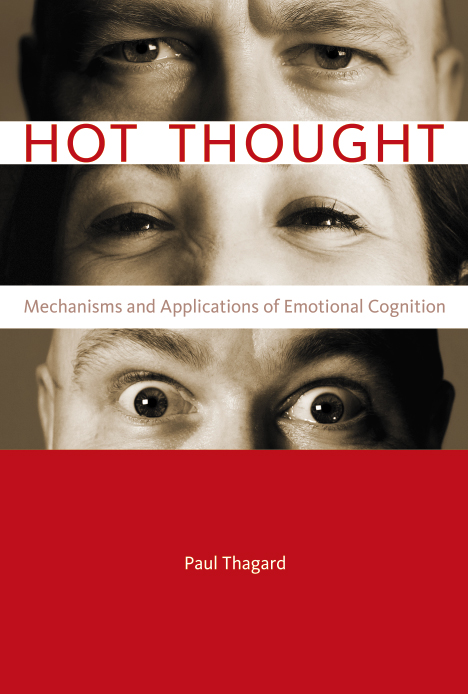Dear Dr. XX,
Thank you for asking me to consult on aspects of children's socio-emotional development relevant to the Department of Defense's solicitation titled, "Virtual Dialogue Application for Families of Deployed Service Members."
I was appreciative of the fact that the DoD opened with a historical perspective:
The ability to reach out and communicate with loved ones from areas of conflict is better than at any time in history. Nevertheless, the stresses of deployment might be softened if spouses and especially children could conduct simple conversations with their loved ones in immediate times of stress or prolonged absence. Historically, families have derived comfort and support from photographs or mementos, but current technology SHOULD allow for more personal interactive messages of support. Over 80% of American children between the ages of three and five regularly use computers, and 83% of families have a computer in their home. So, computer-based applications would resonate with children and capture their interest and imagination. The challenge is to design an application that would allow a child to receive comfort from being able to have simple, virtual conversations with a parent who is not available "in-person".
It's wonderful that the military is prepared to spend substantial money to improve the well-being of military families. They may hope families will be more tolerant of repeated and prolonged tours if they can speak with a state-of-the-art artificial intelligence.
Still, I confess I am skeptical of the utility of an artificial intelligence program which mimics parental dialogue. Is there any evidence that children age 3-5 will understand that the avatar on the screen is supposed to be their parent? I wouldn't envy the job of a mother who has to train her 3 year old to comprehend this. (Just think of the bright happy forced energy required in "Let's go say good-night to Daddy!") And once children do understand, how will they sort out that this is an artificial intelligence, not really their parent? Recall young children's difficulty with the "appearance-reality distinction" (documented by Piaget and the American developmental psychologist John Flavell). This may create more confusions: where/what is my father?
Great background-story for a dystopian novel: In the early 21st century, when the protagonist was only three, he was beta-tested on a military AI project...
I saw that spouses were mentioned as possible beneficiaries of the proposed product. Would spouses really take comfort from an AI program saying the couple's tender phrases? Or perhaps the topic proposers are remembering a book they read in the 1970s, "Stepford Wives" -- the AI will be better than a human being because it can cater to the fantasies of the left-behind-spouse.
From a research standpoint, the first step in phase 1, "1. Develop metrics to determine user acceptance, usability, and content requirements" should be completed before anything else is attempted. Indeed, a simple questionnaire for armed services personnel could be sufficient to find out whether an AI could "soften the stresses of deployment." I was surprised this hasn't been done -- but indeed, the references section was about what one would expect from an undergraduate term paper -- idiosyncratic, showing little awareness of background research in the relevant scientific disciplines.
One more question: Do you have any thoughts on why the DoD does not simply try to provide (more) real-time video computer connection (as is possible with skype and ichat)?
Sincerely,
HumanProject
Note: I learned about this project by receiving a request to be a consultant, but after googling saw that bloggers have already called it a "Creepy government project."
(And I really wanted to development AIs back when I was a teenager at the dawn of modern computing...)
The Fragile Masculinity of MAGA Cancel Culture
2 weeks ago


































